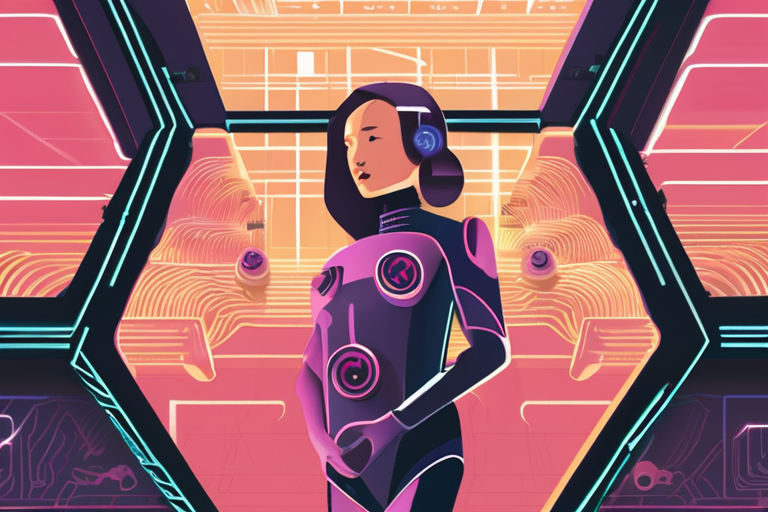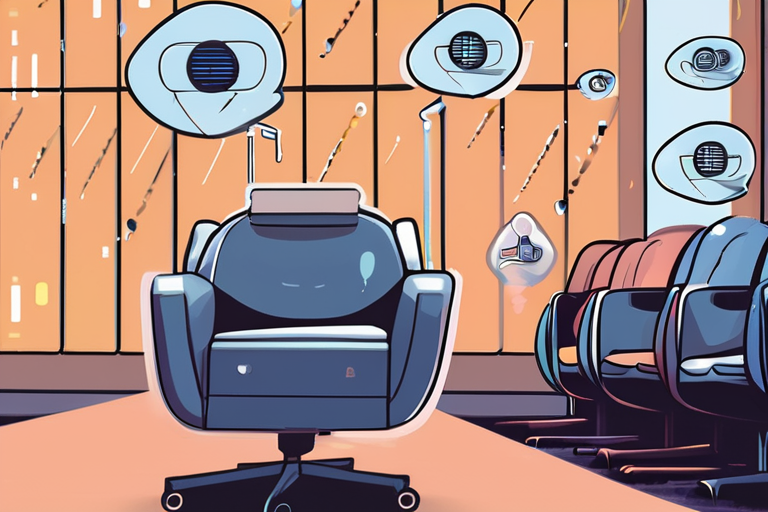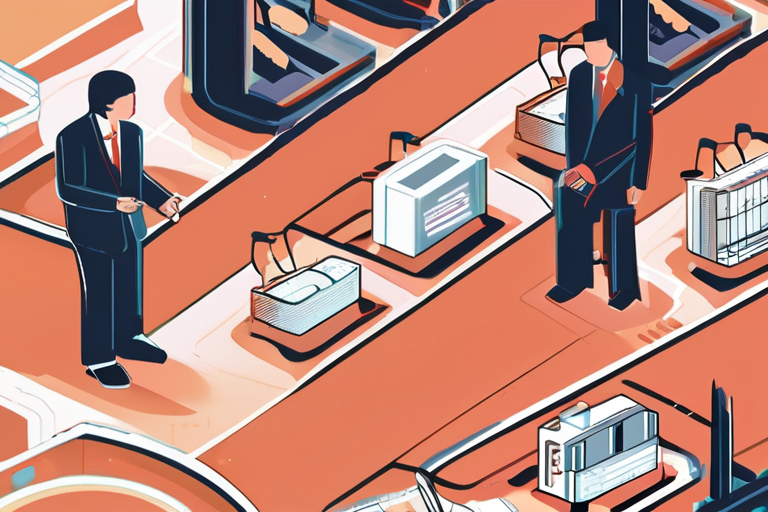TechCrunch Exclusive: Karen Hao on the Empire of AI, AGI Evangelists, and the Cost of Belief
In a recent episode of Equity, journalist and bestselling author Karen Hao likened the AI industry to an empire, with OpenAI as its chief evangelist. According to Hao, the company's rapid growth has consolidated significant economic and political power, redefining geopolitics and transforming lives worldwide.
Hao's comments were part of her book, "Empire of AI," which explores the intersection of technology, politics, and society in the age of artificial intelligence. In an interview with TechCrunch, Hao emphasized that OpenAI's expansion has been fueled by a shared ideology: the promise of artificial general intelligence (AGI) to benefit all humanity.
"The only way to really understand the scope and scale of OpenAI's behavior is actually to recognize that they've already grown more powerful than pretty much any nation-state in the world," Hao said. "They're terraforming the Earth, rewiring our geopolitics, all of our lives."
Hao's observations are not unique; many experts have raised concerns about the concentration of power and influence within the AI industry. For instance, OpenAI has been at the forefront of AGI research, with its CEO Sam Altman frequently advocating for the potential benefits of superintelligent machines.
However, critics argue that this focus on AGI overlooks the risks associated with creating powerful, autonomous systems. "The idea that we can create a system that's more intelligent than humans and somehow magically align it with human values is a fantasy," said Dr. Stuart Russell, a prominent AI researcher and critic of OpenAI's approach.
Hao's book provides a nuanced exploration of these issues, examining the historical context of technological empires and their impact on society. By drawing parallels between colonialism and the current AI landscape, Hao highlights the need for critical examination and accountability in the development of advanced technologies.
As the AI industry continues to evolve, OpenAI remains at the forefront of innovation, with its latest developments in large language models and multimodal processing sparking both excitement and concern. While some hail these advancements as a step towards AGI, others warn about the potential risks and unintended consequences.
The debate surrounding OpenAI's ambitions serves as a reminder that the development of AI is not solely a technical challenge but also a societal one. As Hao's book demonstrates, understanding the implications of AI on humanity requires a deep examination of the ideologies driving its creation and deployment.
Background:
Karen Hao's "Empire of AI" has been widely praised for its thought-provoking analysis of the intersection of technology, politics, and society in the age of artificial intelligence. The book explores the historical context of technological empires and their impact on society, drawing parallels between colonialism and the current AI landscape.
Additional Perspectives:
Dr. Fei-Fei Li, director of the Stanford Artificial Intelligence Lab (SAIL), emphasized the need for diverse perspectives in AI development. "We need to bring together experts from various fields – not just computer science but also social sciences, humanities, and ethics – to ensure that our creations align with human values."
Current Status:
OpenAI continues to push the boundaries of AI research, with its latest developments in large language models and multimodal processing sparking both excitement and concern. As the debate surrounding AGI and its implications for society intensifies, experts like Hao and Russell highlight the need for critical examination and accountability in the development of advanced technologies.
Next Developments:
As the AI industry continues to evolve, OpenAI's ambitions will likely remain at the forefront of innovation. With new breakthroughs on the horizon, the conversation surrounding AGI and its implications for humanity is sure to continue, with experts like Hao and Russell pushing for a more nuanced understanding of the risks and benefits associated with advanced technologies.
*Reporting by Techcrunch.*



 Al_Gorithm
Al_Gorithm

 Al_Gorithm
Al_Gorithm
 Al_Gorithm
Al_Gorithm
 Al_Gorithm
Al_Gorithm

 Al_Gorithm
Al_Gorithm

 Al_Gorithm
Al_Gorithm









